Since Quantum, the world's first NFT, was minted by Kevin McCoy in 2014, NFTs have had quite the run. By the time NFTs such as the Rare Pepes Tokens and CryptoPunks came along in 2016 and 2017, respectively, spawning the crypto art movement — NFTs were set on the path to becoming a cultural phenomenon.
Non-Fungible Tokens (NFTs) are one-of-a-kind digital assets that utilize blockchain technology to confirm ownership and legitimacy. Due to this unique capability, industry experts expect NFTs to revolutionize many traditional industries, from real estate to healthcare.
This article examines the potential impact NFTs could have on the events industry. Together, we will analyze how current events are managed, the obstacles they confront, and how implementing NFTs could affect their success.
Events Management Industry Overview
The events industry has been experiencing significant transformations in recent years, propelled by various factors such as technological advancements, evolving consumer behavior, and fluctuations in the global economy. One notable shift has been the rise of virtual and hybrid events, which have opened up new opportunities for organizers to connect with broader audiences while saving costs and expanding their reach. This trend has been particularly impactful, allowing events to transcend geographical boundaries.
The recent pandemic has further accelerated the adoption of virtual and hybrid events as traditional in-person gatherings faced unprecedented challenges. Organizers had to swiftly adapt to the changing landscape by leveraging digital tools and platforms to deliver interesting experiences to attendees in a virtual or hybrid format. This has paved the way for innovative approaches to event planning and execution, emphasizing creating engaging and immersive experiences.
However, despite the growing popularity of virtual and hybrid events, there has also been a resurgence in live, in-person events as people yearn for social interaction and connection after prolonged periods of isolation. The human need for face-to-face interactions, networking, and shared experiences has sparked a renewed interest in in-person events, with organizers implementing enhanced safety measures and protocols to ensure the health and well-being of attendees.
Analysts predict the global events sector will continue to thrive, with a projected revenue of over $2.1 trillion by 2028. This growth is expected to be driven by the continued adoption of advanced technologies that enable immersive and interactive event experiences, addressing some of the industry's most pressing challenges. From augmented and virtual reality experiences to AI-powered networking and personalized content delivery, technology plays a pivotal role in shaping the future of the events industry, offering endless possibilities for innovation and creativity.
Existing Issues in The Events Management Industry
The events industry faces several challenges in today's rapidly changing environment. Some significant issues include:
1. Staying ahead of changing consumer behavior and preferences
Although seven out of ten (71%) event decision-makers struggle to replicate the in-person event experience in the virtual realm, almost four out of five (76.5%) event marketers have never put together a hybrid event.
Consumer behavior and preferences are constantly growing, and the events industry must stay ahead of these changes to ensure attendees are engaged. Fans remain loyal, even though that means embracing virtual experiences.
2. Adapting to technology
There is an ongoing requirement to keep up with the most current technologies and go digital, as evidenced by the 80.2% of event coordinators who can access bigger crowds going with virtual events; thus, more and more organizers are turning to virtual and hybrid events to be able to stay competitive.
3. Balancing multiple stakeholder interests and expectations
The events industry involves multiple stakeholders, such as attendees, sponsors, vendors, and government agencies. Nearly all marketers (95%) recognize that in-person events can be crucial to the success of their primary objectives, so event coordinators must carefully balance the interests and anticipations of all stakeholders to ensure the best possible results.
4. Competition
A surge in virtual events has led to increased competition - whether for attendees, speakers, or performers, making it more challenging to stand out and attract crowds. A majority of event organizers are allocating more of their budget towards the overall experience of their attendees, which is consistent with the survey results showing that 70% of those surveyed consider how engaged and fulfilled the attendees are as a measurement of the success of their event.
5. Sustainability
There is a growing focus on making events more sustainable, from reducing waste and emissions to ensuring ethical and responsible practices.
These issues highlight the need for the events industry to be flexible, innovative, and forward-thinking to remain relevant and thrive in the changing business landscape.
But even the rise of hybrid events hasn't been without its challenges. Hybrid events, which combine in-person and virtual elements, present unique challenges for event organizers regarding data and reach.
Hybrid Events: The Challenges
One challenge is that in-person and virtual attendees may have different experiences and find sharing insights and data from the event difficult. For example, virtual attendees may have trouble engaging with in-person attendees and participating in group discussions. In contrast, in-person attendees may not have access to virtual sessions or digital content.
Another challenge is the difficulty of collecting and aggregating data across different audiences. Hybrid events can generate large amounts of data, including attendance figures, engagement rates, and feedback from both in-person and virtual attendees. However, this data may be scattered across different platforms and systems, making it difficult for event organizers to get a complete picture of how the event performed and identify improvement areas.
Hybrid events can challenge organizers to ensure all attendees can access the same content and experiences. In-person attendees may have an advantage in network and face-to-face interactions. In contrast, virtual attendees may have more opportunities to engage with digital content and participate in remote sessions.
Overall, organizing a successful hybrid event requires careful planning and execution, focusing on leveraging technology to ensure that all attendees have a positive and engaging experience, regardless of whether they attend in person or virtually. This may involve using advanced data collection and analysis tools, implementing effective communication and collaboration strategies, and ensuring that all attendees have access to the same content and opportunities for engagement.
The Role of NFTs in Events Management is Enormous
Unlike cryptocurrencies, NFTs cannot be replicated, divided, or exchanged for equal values. These characteristics make them perfect for representing various instruments such as digital art, music, video game items, and events.
NFTs could become a welcome addition to the events sector as they transform into unique and verified digital assets that can be sold, traded, and owned, providing a new level of authenticity and ownership to attendees—picture virtual tickets, limited edition merchandise, collectibles, etc.
Tokenization even allows event organizers to manage ticket sales, distribute rewards and experiences, and track attendance, providing a secure and efficient method for event management.
In addition, NFTs can offer additional revenue streams for events, allowing for the sale of virtual merchandise, experiences, and even virtual real estate while providing a measurable and verifiable way for events to measure their success. So, for instance, NFTs can track the number of ticket sales and the popularity of certain events. This data can improve future events and provide valuable insights into what attendees want.
As NFTs continue to gain popularity and acceptance, they have the potential to reinvent the way events are managed, monetized, and experienced. This insightful article by Unique Network CMO details how NFTs can deliver specific KPIs crucial for determining event success, such as event check-ins, sales, new vs. returning attendees, and even social media engagement.
Use Cases: Real Examples of Event Organizers Utilizing NFTs
Dundas
A shining example of NFTs being used for events is Unique Network's partnership with DUNDAS, a luxury women's designer clothing brand known for dressing celebrities such as Beyonce and Reese Witherspoon for the Paris Fashion Week, showcasing the perfect combination of fashion and technology.
Unique Network, Dundas, and UME pooled their resources to provide 340 exclusive Proof of Attendance tokens for the 2023 Paris Fashion Week show participants. The D24 collection of NFTs, titled “Dundas PFW,” delivers a sustainable substitute for physical fashion and encourages creativity through experimentation.
‘SAMS’ Film
Director Victoria Bousis, in partnership with Unique Network and utilizing the resources of Unreal Game Engine, Intel Corporation, and BOXX, debuted her acclaimed immersive film, STAY ALIVE, MY SON (“SAMS”), to a worldwide audience via dynamic NFTs at SXSW 2023. This successful use-case distributed 120 Proof-of-Attendance tokens (PoAPs) to early film viewers, enabling NFT technology to transform storytelling and build a supportive community around a mission.
Lemonade Social
Lemonade is a multichain platform enabling creators to introduce an NFT marketplace allowing NFTs to be minted or sold within events. They collaborated with Unique Network to offer advanced ticketing services so that platform creators and their fans can have memorable experiences.
Kings of Leon's album release
Forward-looking musicians have harnessed NFTs to distribute music and provide live-event attendees with immersive experiences. For example, American rock band Kings of Leon released their 2021 album as an NFT and offered two variations of tokens — the first were rewards for concert attendance, and the second was 'golden tickets' for VIP seating to all their gigs in perpetuity.
Tickets to Dallas Mavericks' games
The Dallas Mavericks NBA team tokenized and released player profile pictures to reward fans for attending their basketball games in person. 20,000 NFTs were minted for every game, and fans only had to scan their Ticketmaster ticket at the stadium to get one token for free. What made these NFTs even more exciting was that they were collectible, and those who could complete a set of 10 NFTs got additional rewards.
Country Music Association (CMA) Awards
The CMA Awards organization revealed a collaboration with the Solo Music platform to launch a collection for the 55th edition of the event. 1000 NFTs were made for purchase to create exclusivity among buyers while reaching new audiences and engaging with younger demographics.
How Does the Events Management Industry Look Like with NFTs?
As the NFT sector matures and audiences expand outside crypto enthusiasts to traditional (Web2) users, the future of events with NFTs promises to be more engaging, interactive and personalized for attendees while providing a new revenue stream for event organizers and increasing the scarcity and value of event experiences.
However, this potential future will likely depend on the continued growth and adoption of NFT technology.
Unique Network, a next-generation platform providing event organizers with NFT-powered solutions to enhance event experiences, is pioneering this transition. Now, anyone can employ NFT technology to organize better events without requiring much technical knowledge or familiarity with blockchain systems.
Build on Unique
Builders and developers. We offer advanced NFT infrastructure to help design and prepare for future use cases. With our innovative technology, experiment securely without technical complexities. Leverage our infrastructure to unleash creativity and take your NFT applications to the next level.
Join us to build the future of NFTs together! Contact us for more information.




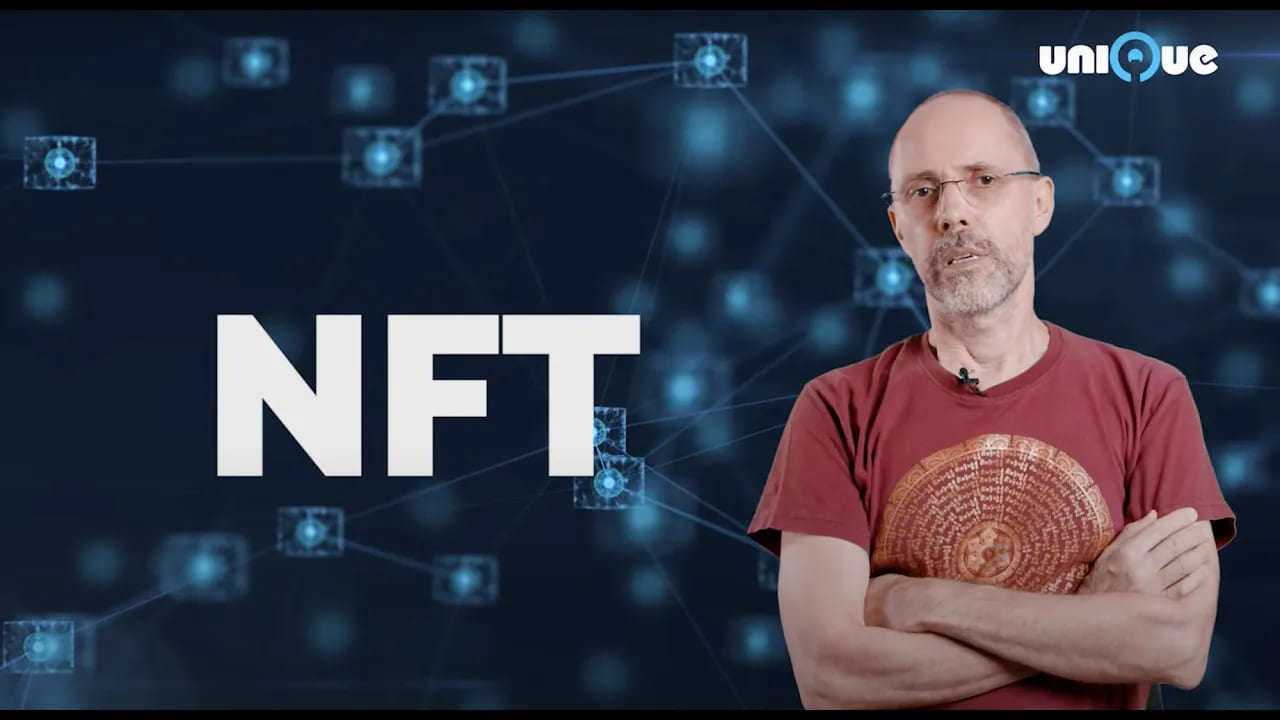
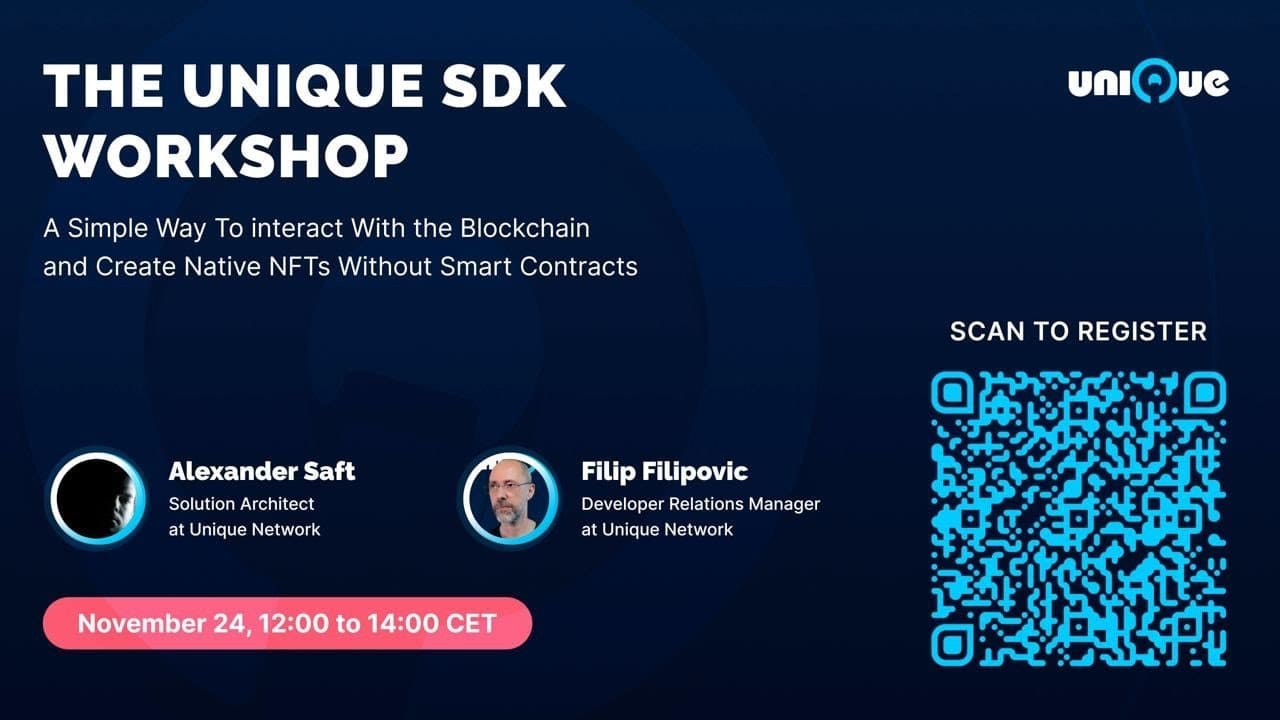
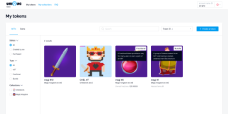
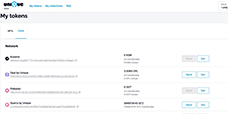

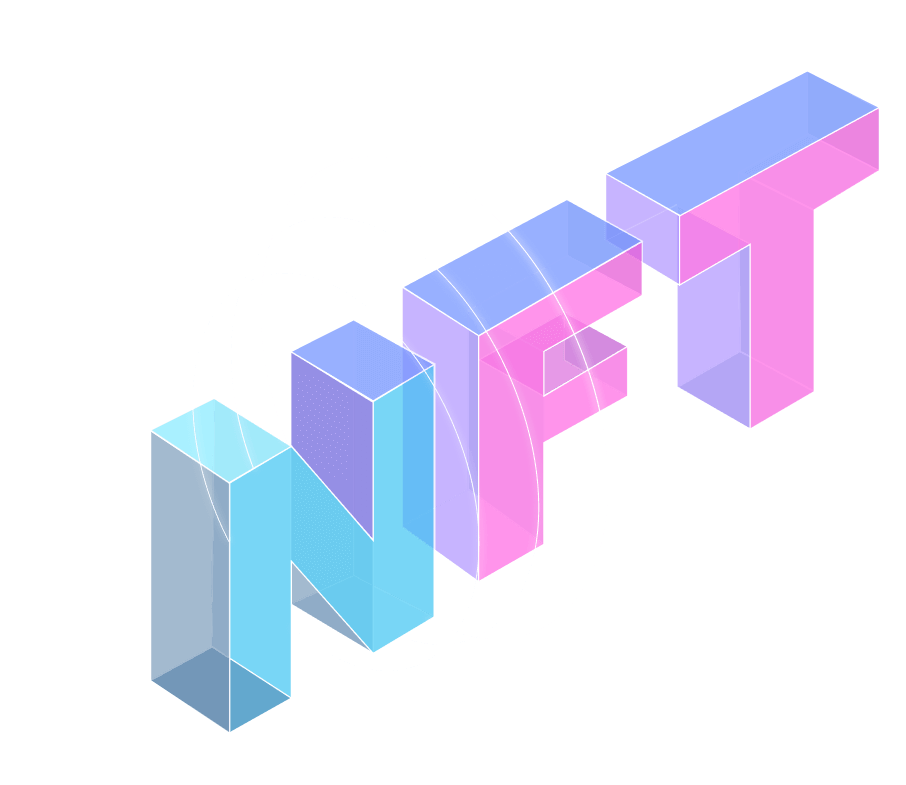


 by
Unique Network
by
Unique Network